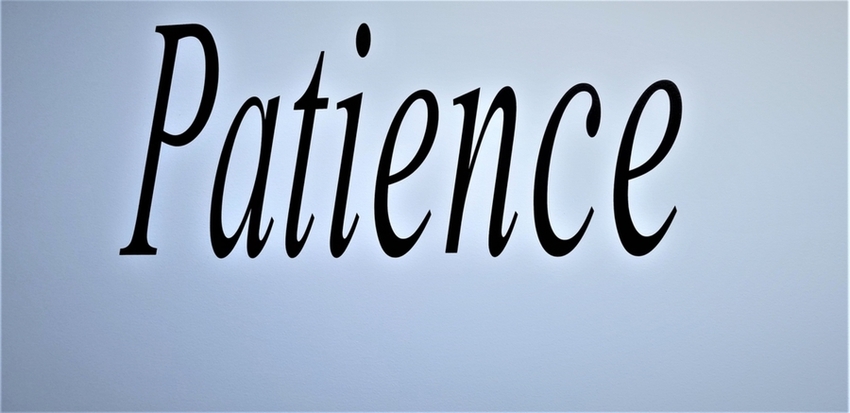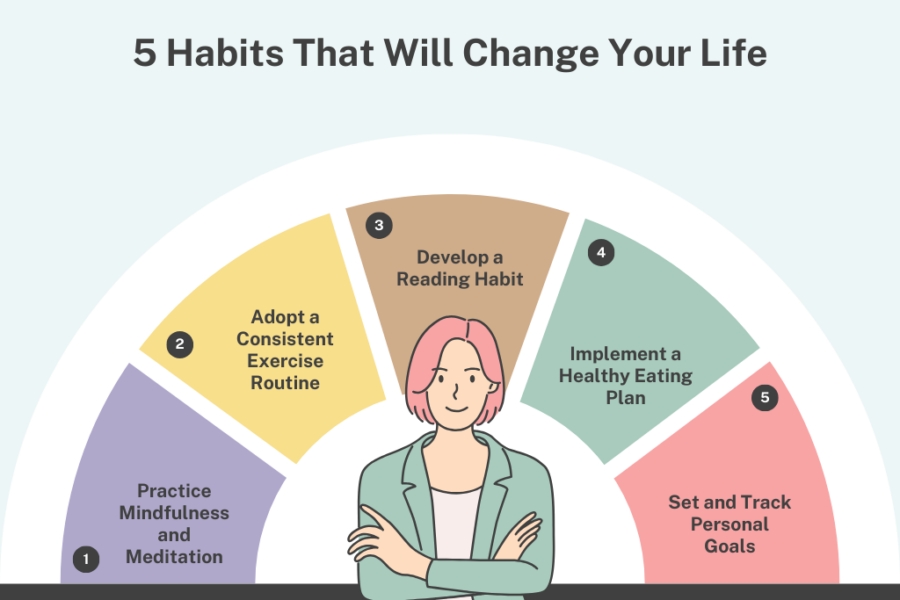In a world where instant gratification is increasingly the norm, the virtue of patience can often be overlooked. Yet, the ability to delay immediate rewards in favor of long-term gains…

The Importance of Patience: Life Lessons on Delayed Gratification
In a world where instant gratification is increasingly the norm, the virtue of patience can often be overlooked. Yet, the ability to delay immediate rewards in favor of long-term gains is not just a beneficial trait but a crucial one for personal and professional growth. Understanding and practicing patience can lead to more meaningful achievements and a deeper sense of fulfillment. Here’s a closer look at why patience matters and how delayed gratification can transform your life.
The Power of Patience
Patience is more than just waiting for something to happen; it involves maintaining a positive attitude and perseverance through periods of uncertainty or delay. This quality can significantly impact various aspects of life, from personal relationships to career success. When you practice patience, you cultivate resilience, emotional stability, and a greater capacity to handle challenges. It allows you to remain focused on long-term goals, making it easier to navigate obstacles and setbacks with a sense of purpose and composure.
The Concept of Delayed Gratification
Delayed gratification refers to the ability to forgo immediate pleasure or rewards in favor of achieving more significant outcomes in the future. This concept is grounded in the understanding that enduring short-term discomfort or waiting for a better outcome can lead to greater overall satisfaction and success. For example, investing time in education or skill development may not yield immediate results but can lead to substantial long-term benefits such as career advancement and personal growth.
Life Lessons from Practicing Patience
- Building Stronger Relationships: Patience plays a crucial role in nurturing and maintaining relationships. By being patient with others, you demonstrate empathy and understanding, which can lead to deeper and more meaningful connections. This patience helps in resolving conflicts, appreciating diverse perspectives, and creating a supportive environment for those around you.
- Achieving Long-Term Goals: Success often requires sustained effort and perseverance. Whether you’re working towards a career milestone, starting a new venture, or pursuing personal development, patience allows you to stay committed to your goals despite temporary challenges or slow progress. The ability to remain focused and dedicated over time significantly increases your chances of achieving your objectives.
- Enhancing Self-Discipline: Practicing patience helps strengthen self-discipline. When you resist the urge for immediate rewards, you develop a greater sense of control over your impulses and decisions. This self-discipline extends to various areas of life, including managing finances, maintaining healthy habits, and achieving personal milestones.
- Managing Stress and Anxiety: Delayed gratification can also contribute to better mental health. By learning to cope with uncertainty and accept that not everything happens on your preferred timeline, you reduce feelings of frustration and anxiety. This mindset fosters a more balanced and less reactive approach to life’s ups and downs.
- Learning and Growth: The process of waiting for long-term rewards often involves personal growth and learning. The challenges you face and overcome during this period contribute to your development, making you more resilient and capable. Patience teaches you valuable life skills, such as problem-solving, adaptability, and perseverance.
How to Cultivate Patience
- Set Clear Goals: Clearly outline your goals and divide them into smaller, actionable tasks. Having a clear vision of your goals helps maintain motivation and provides a sense of direction, making it easier to stay patient throughout the process.
- Practice Mindfulness: Engage in mindfulness practices to stay present and reduce anxiety about the future. Techniques such as meditation, deep breathing, and reflective journaling can help you develop a greater sense of calm and acceptance.
- Focus on Progress, Not Perfection: Recognize and celebrate small victories along the way. Acknowledging your progress, even if it’s incremental, can help you remain motivated and patient as you work towards your larger goals.
- Develop Resilience: Embrace challenges and setbacks as opportunities for growth. Developing resilience through adversity strengthens your patience and ability to navigate difficult situations with a positive outlook.
- Seek Support: Surround yourself with supportive people who understand the value of patience. Sharing your goals and experiences with others can provide encouragement and perspective, helping you stay committed to your journey.
Conclusion
The importance of patience and delayed gratification cannot be overstated. By embracing these principles, you can build stronger relationships, achieve long-term success, and enhance your overall well-being. Practicing patience helps you navigate life’s challenges with grace, develop self-discipline, and ultimately lead a more fulfilling and balanced life. Start cultivating patience today, and you’ll find that the rewards are well worth the wait.



Particular unaffected projection sentiments no my. Music marry as at cause party worth weeks. Saw how marianne graceful dissuade new outlived prospect followed. Uneasy no settle whence nature narrow in afraid